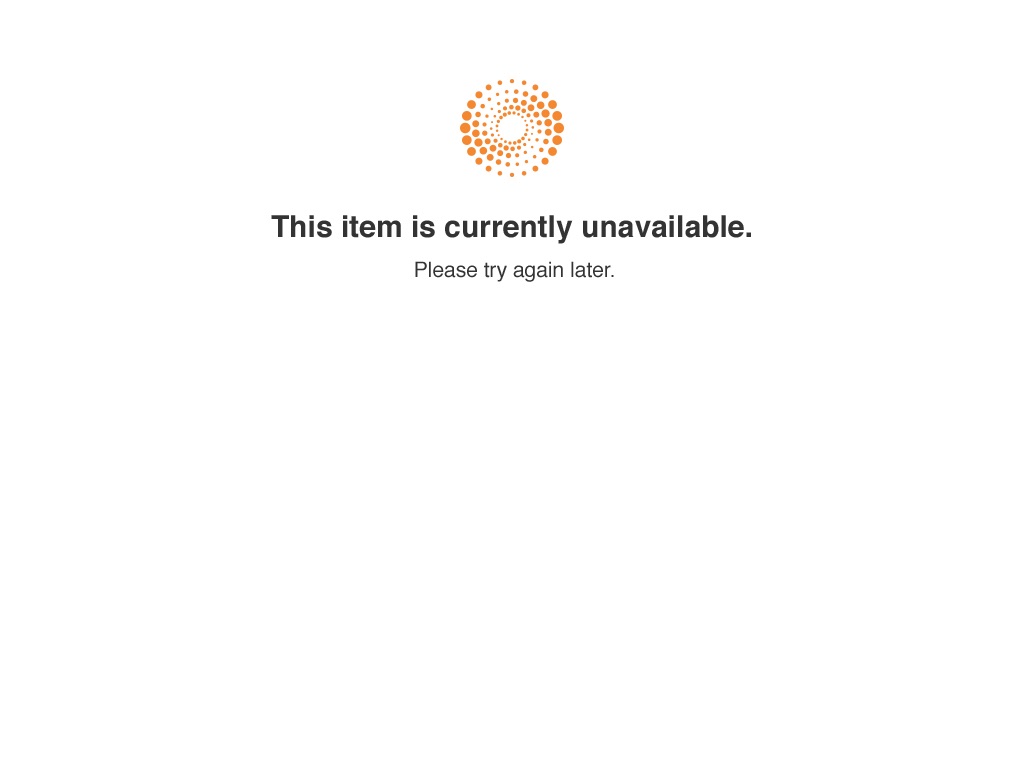
SYDNEY (Reuters) – The Australian government said on Tuesday it would limit tax breaks for members with pension balances of more than A$3 million ($2 million) in the face of mounting pressure on the federal budget and protracted deficits.
The decision comes just days after the centre-left Labor government launched a consultation on reforming superannuation – retirement funds – saying it wanted the country’s pension system to become sustainable and equitable.
The high-income earners will come under a tax rate of 30%, up from 15% now and the government’s decision is expected to impact around 80,000 people, Prime Minister Anthony Albanese said during a media briefing.
“This proposal does not change the fundamentals of our superannuation system, 99.5% of people with superannuation are unaffected by this reform,” Albanese said.
The move, scheduled to become effective from July 1, 2025 and likely after the next federal election, is expected to generate revenue of about A$2 billion in its first full year.
Australia has the world’s third-largest pension pool, held by about 16 million Australians, as its superannuation funds have grown to more than A$3.3 trillion from A$148 billion over the last three decades.
Tax breaks on retirement funds cost the Australian government about A$50 billion ($33.7 billion) every year, with the majority of those going to high-income earners, Treasurer Jim Chalmers said. Chalmers estimates these tax breaks will cost the budget more than the state pension by 2050.
Australia’s annual deficit is expected to widen to around A$50 billion ($34 billion) by 2025/26 and total debt to balloon to A$1.16 trillion, or 43% of gross domestic product, according to government figures.
($1 = 1.4821 Australian dollars)
(Reporting by Renju Jose; Editing by Simon Cameron-Moore)

